Want to make more money? Here are our top tips for renting out your home
Before you consider renting your home read our guide to property rentals and lettings
Thinking about renting your home? Whether you are investing in property or simply renting out an existing home, there are plenty of ways to make the most out of your property rental. Follow our step-by-step guide to renting out your space.
Want to know more about buying and selling property? READ: 10 easy steps to selling your home without an estate agent
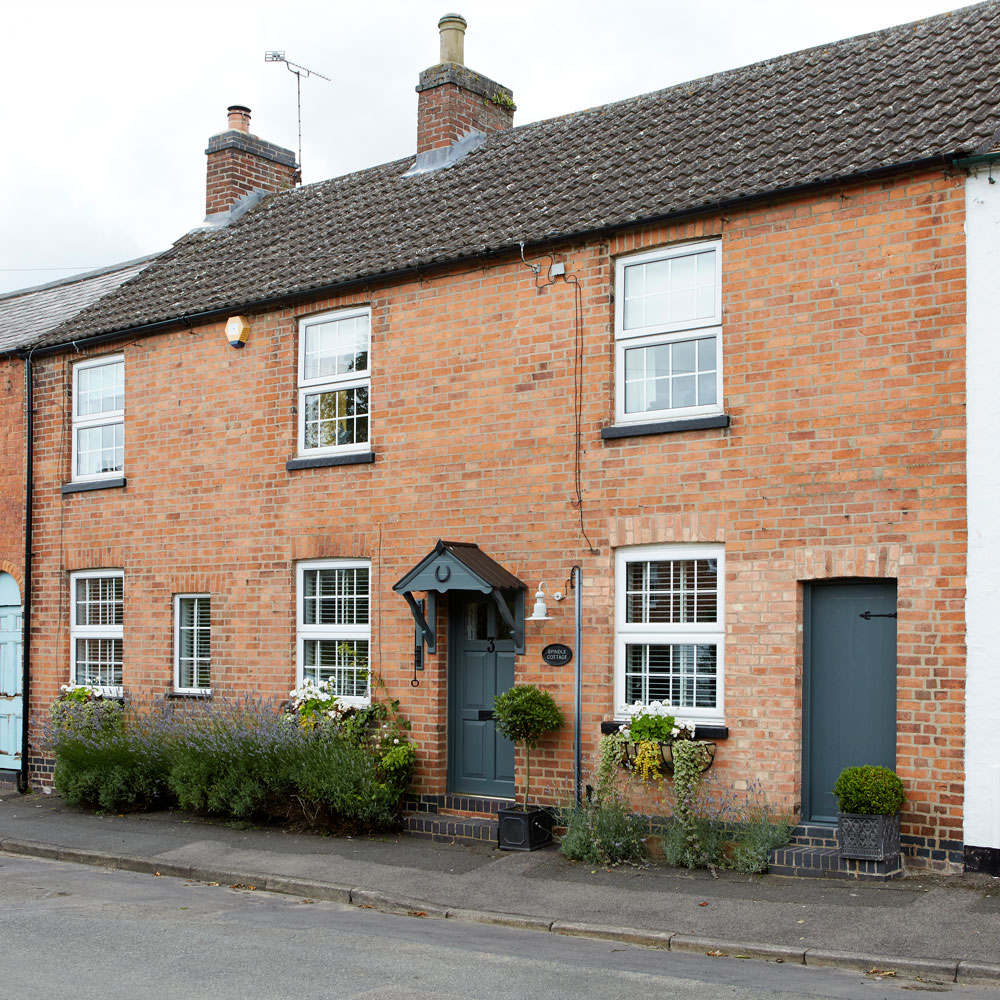
1. Do your research
Have a look at the sorts of properties being let in your area and how much rent they are asking for. Be realistic, even if you totally love your small flat, there may be some downsides that will put people off. The more research you do, the better idea you will have about the sort of price you can achieve. Remember you have to pay tax on any earnings you make, so do your sums and check if it is the right option for you.
2. Find a good agent

If you plan to use a letting agent you should also start looking around at the different options in your area, including the service they offer and how much they charge. If any of your friends or family are landlords, ask them for recommendations. A letting agent will charge you a finders/lettings fee (around 7-10%) and a management fee (around 6-10%). These will be deducted each month. You will also have to pay a 'Check In/inventory' fee, a fee to draw up the tenancy agreement and other maintenance fees (such as a Gas Safe certificate). If you wish to manage the property yourself it will save considerably on costs.
3. Prepare your home
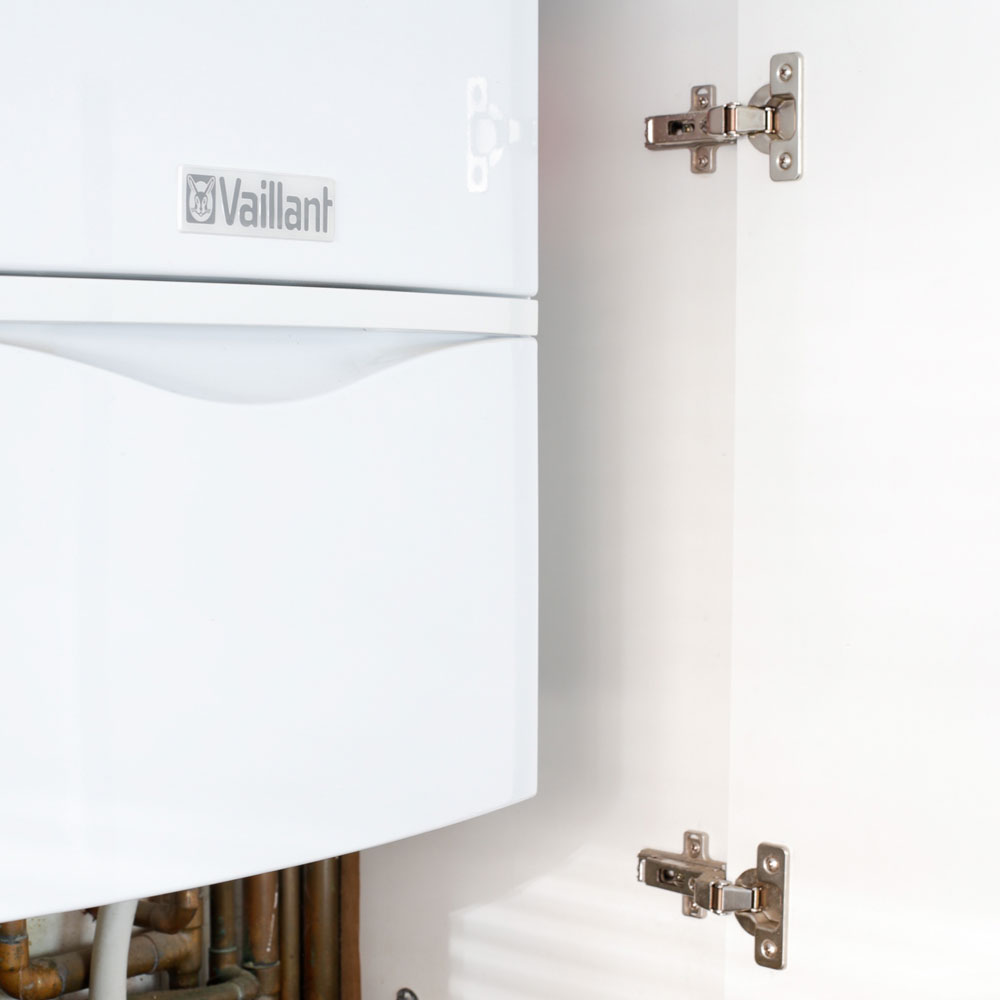
Before you rent out your property it is worth checking that the boiler and all your appliances are in good working order. It's also good to get an electrician to give your place the once over. Think carefully about whether you want to let your property out furnished. A fully furnished property will attract more people but it does mean you are responsible for the items you provide.
4. Vet prospective tenants
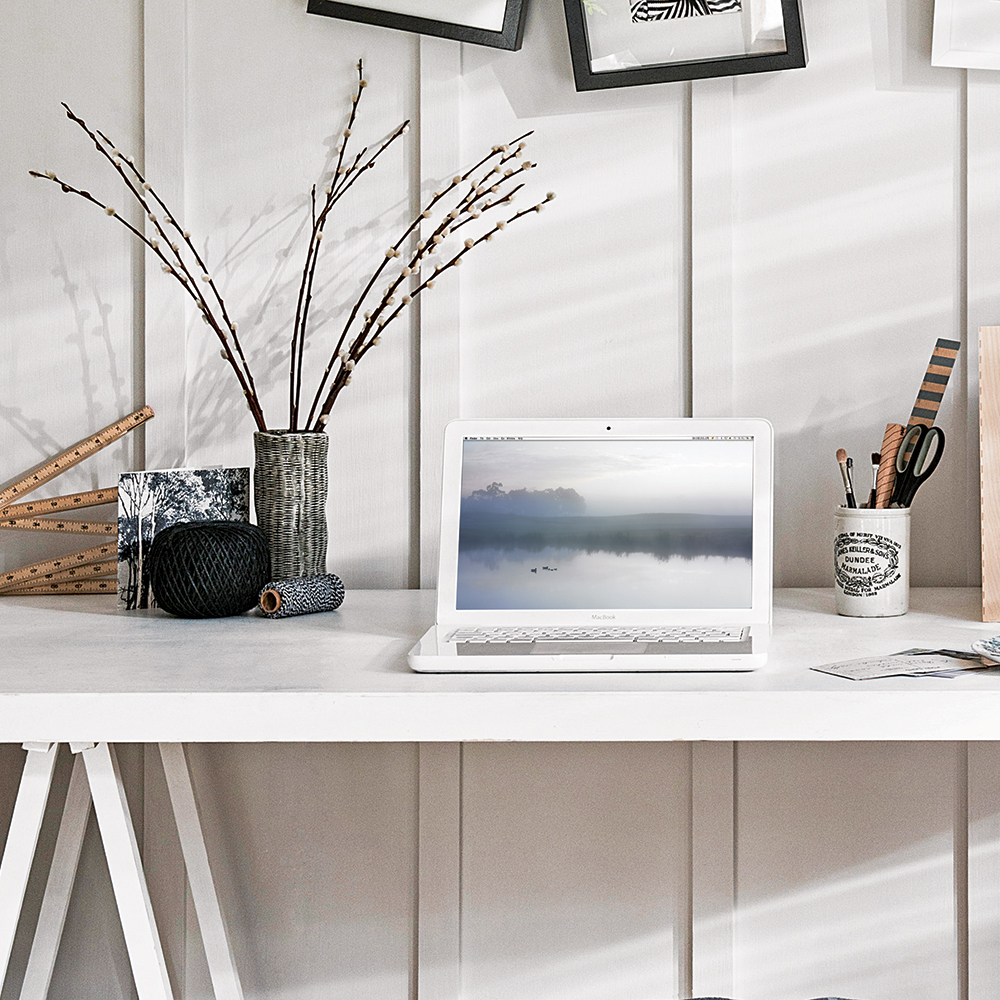
You may wish to meet potential tenants before agreeing to let them your property, or you may prefer to leave it to your letting agent, if you use one. If you do choose to use an agent, they will perform reference and credit checks on potentials tenants to ensure everything is reliable. Otherwise, you will need to do this yourself. This process should take around 48 hours and once completed means you can go ahead and set a move in date with the tenants.
5. Tenancy deposit scheme
Most letting agents will sort out the deposit for you. It should be around six weeks' rent. The deposit needs to be registered with the DPS (Deposit Protection Service). You can do this online, or your letting agents hold the deposit and sort this for you.
Get the Ideal Home Newsletter
Sign up to our newsletter for style and decor inspiration, house makeovers, project advice and more.
6. Singing the tenancy agreement and moving tenants in
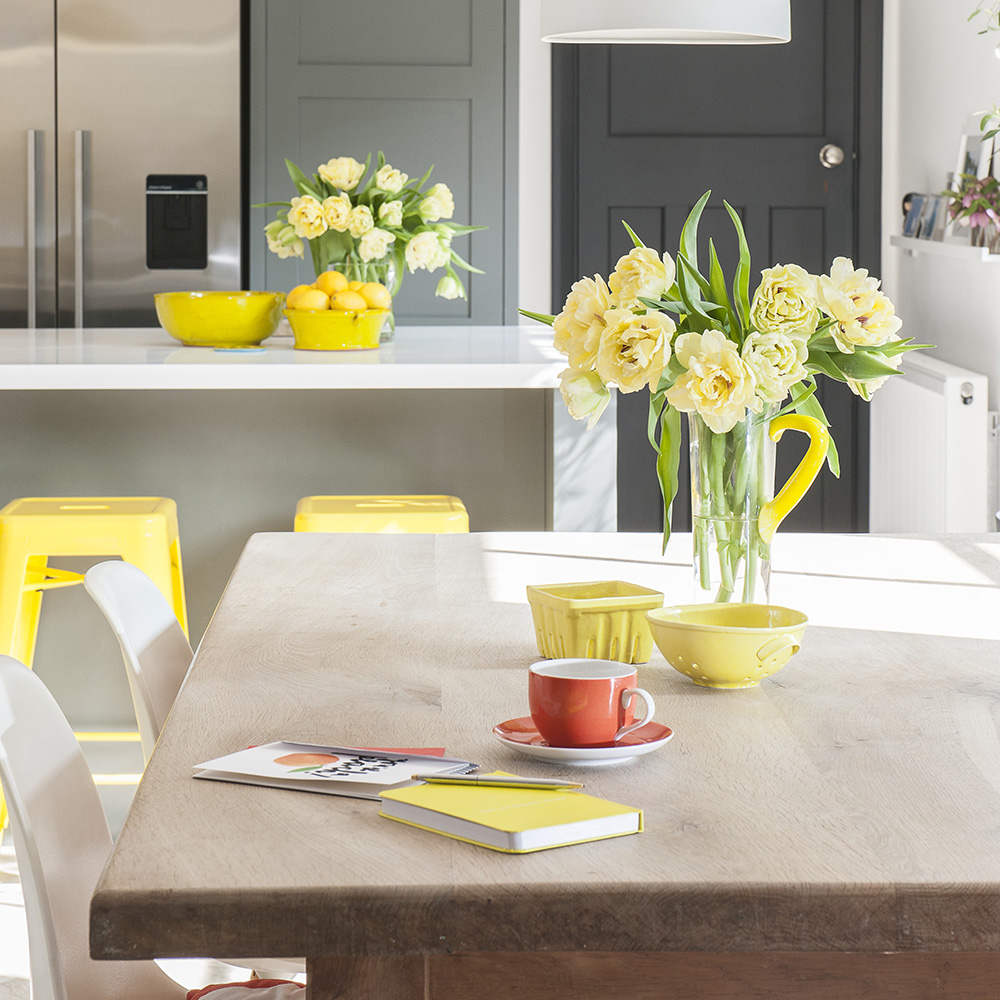
You can have clauses added into the tenancy agreement, even obvious things might be worth pointing out (for example keeping a small property ventilated might be a good clause, especially if you have fitted extractor fans and you're expecting tenants to use them). Once the agents have received all the monies and all the necessary paperwork is signed they can release keys to the tenants at the Check In day. If you are conducting your own Check In remember to make a detailed inventory list. It's also worth pointing out the electricity meter/gas meter/how the boiler works, etc.
7. Ditch the emotions
If you have spent the last 10 years lovingly restoring your home, prepare yourself for a few difficult moments when you rent it out. No-one will ever treat your property the way you have and no-one will know exactly how many woman hours went into hanging that wallpaper or painting all that woodwork. While you can stipulate conditions on the tenancy agreement, prepare for your place to get slightly trashed. Trust us, we're speaking from experience.
8. Save some money
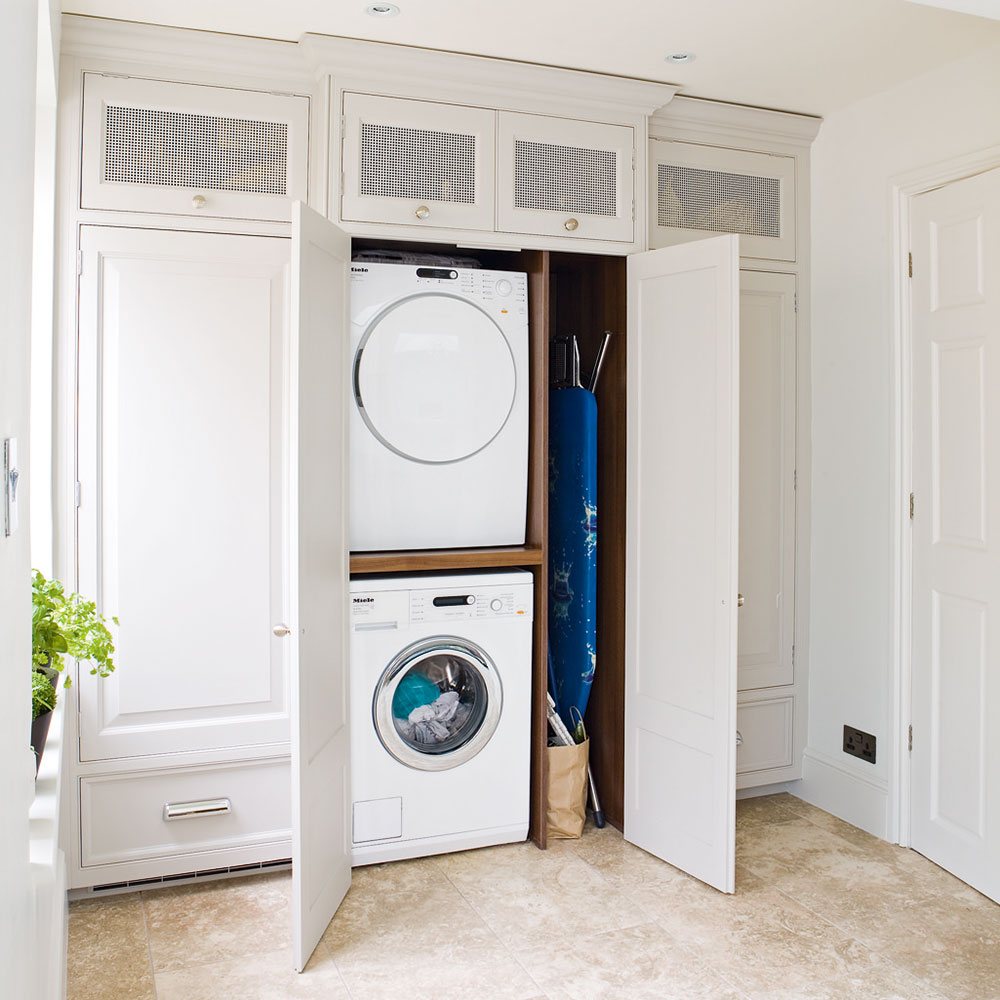
It's worth having a slush fund to cover any repairs that will need to be done - from boilers to washing machines, all sorts of things can go wrong in rented properties. Make sure you are easily contactable. Even if you are not managing the property it is good to be on hand to deal with any emergencies.
9. Legal requirements
When it comes to being a landlord, there are more regulations to comply with than you can shake a stick at. To put it into perspective, there are currently around 150 laws that landlords need to adhere to while letting a property, according to ARLA Propertymark.
At the start of a tenancy agreement, landlords must carry out right to rent checks in line with immigration laws, protect deposits and have all the essential paperwork in place. Whilst not a legal requirement, it is certainly a very good idea to have a written tenancy agreement so that both you and your tenant understands their rights and responsibilities.
The safety of your tenants is very important, so you must undertake a Gas Safety check every year. It’s also a good idea to make sure all electrical appliances and wiring are tested regularly too. Finally, it goes without saying that your rental property should be fitted with smoke alarms on every floor and carbon monoxide protectors where necessary.
By law, you will need an EPC (energy performance certificate) for your rental property, and from 1st April this year, it will need to be EPC grade E which your letting agent can help you to organise. You won't be able to market the property without one, so get it sorted as soon as possible - they're valid for 10 years.
Related: #VentYourRent trends as twitter users reveal their frustration about renting in London
Happy home renting!
Jennifer is the Deputy Editor (Digital) for Homes & Gardens online. Prior to her current position, she completed various short courses a KLC Design School, and wrote across sister brands Ideal Home, LivingEtc, 25 Beautiful Homes, Country Homes & Interiors, and Style at Home.
-
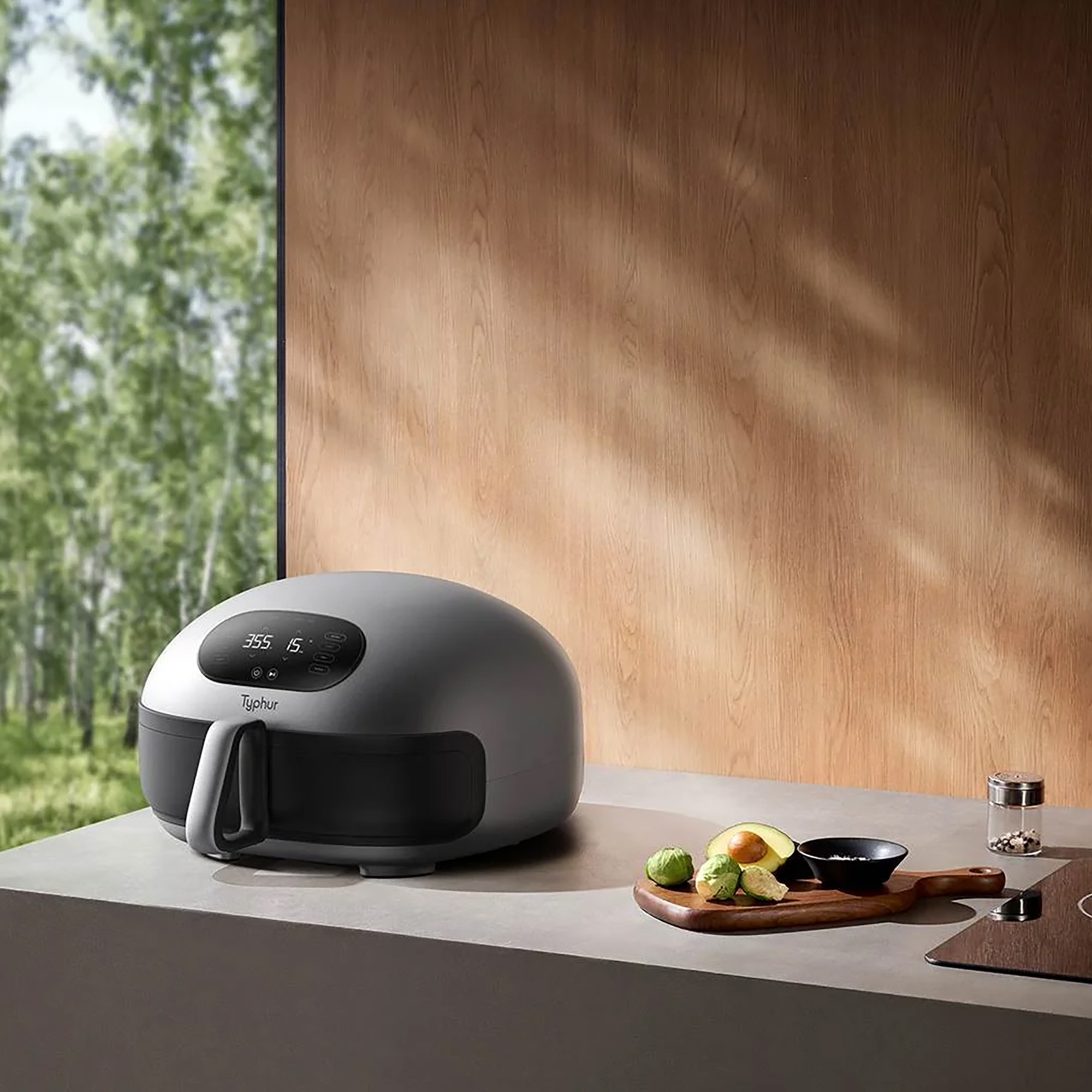 Typhur Dome 2 air fryer review – a glimpse into the future of air frying
Typhur Dome 2 air fryer review – a glimpse into the future of air fryingThe Typhur Dome 2 cooks food brilliantly and has all sorts of benefits, but is it worth the £499 price tag?
By Ellen Manning
-
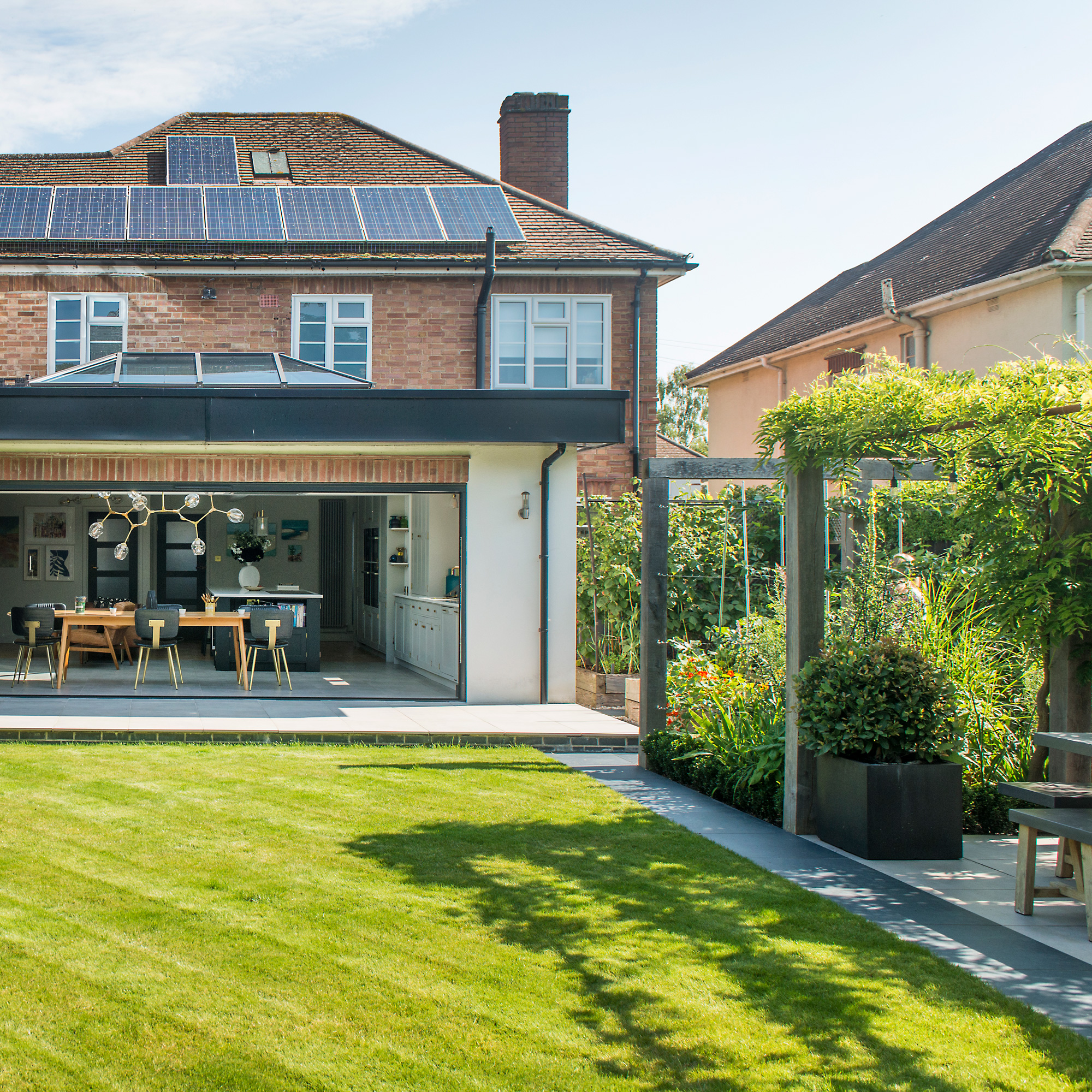 In creating their lush multi-use garden, the owners have cleverly futureproofed the space for years to come
In creating their lush multi-use garden, the owners have cleverly futureproofed the space for years to comeWith a zone for dining, a veg plot, a relaxing sun trap, and space for quiet contemplation
By Ginevra Benedetti
-
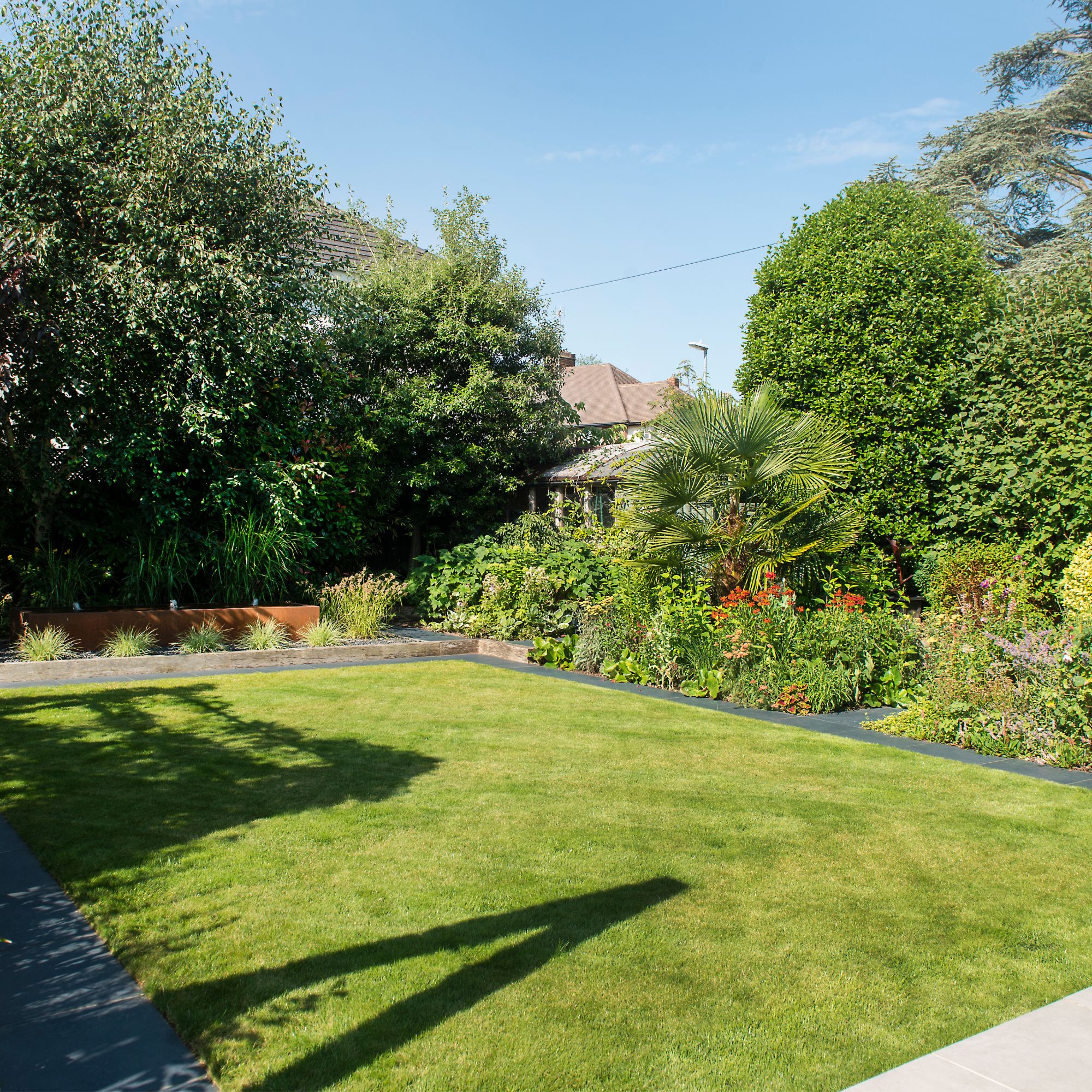 5 reasons why your grass seed isn’t growing and what you can do to help, according to garden experts
5 reasons why your grass seed isn’t growing and what you can do to help, according to garden expertsFor a lush, green lawn, you have to ensure the conditions are just right
By Kezia Reynolds